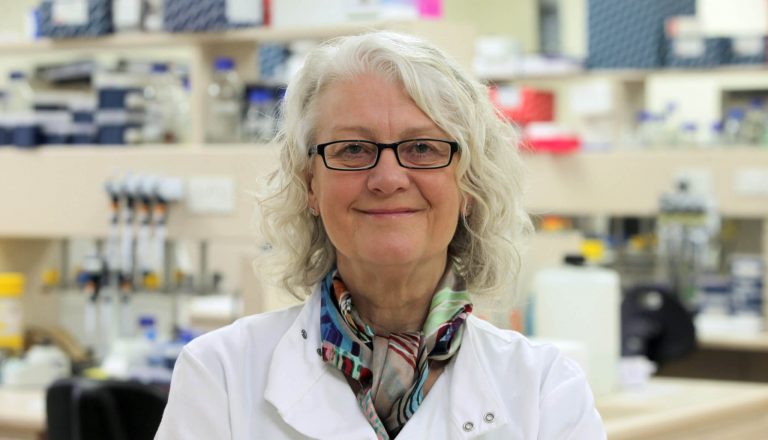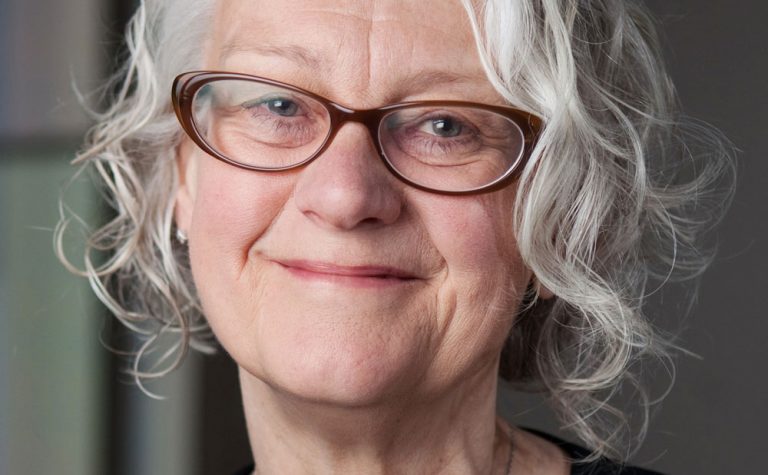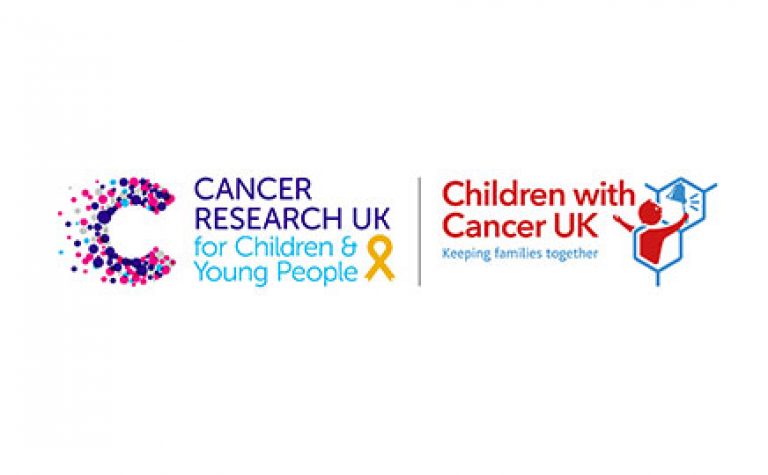£1million research project from the new Cancer Research UK–Children with Cancer UK Innovation Awards to a team at Newcastle University to help children with cancer.
18 March 2021

Newsletter Signup x
The results from this study have the potential to improve our understanding of cancer in a way that may eventually help scientists identify children at greater risk of developing aneuploidy, allowing for better monitoring of those individuals. They may also lead to us discovering new ways to treat these types of cancer and potentially prevent certain cancers from developing in the first place.Professor Harrison’s work has already changed the treatment children with ALL receive improving their survival, and this new study, which is the first of its kind, hopes to pave the way for better outcomes for children with cancer. Professor Harrison, who has three children and three grandchildren, her most recent arriving during lockdown, said:
Newcastle is really well positioned for this kind of research as we have access to patient samples from the children’s hospital and a wealth of expertise at the university to support the work, such as that of Professor Higgins and Professor Clifford. But we are ever conscious of the enormous support of fundraisers that allow grants like this to be awarded permitting us to make these important steps. I’m constantly in awe of the dedication of supporters and the work they do in order for us to be able to carry out our research. This commitment motivates us and spurs us on to succeed.This is one of five research projects across the UK to receive up to £1 million each from the Cancer Research UK–Children with Cancer UK Innovation Awards * to delve into the biology of children’s and young people’s cancers, with the hope of finding new ways to prevent and treat these complex diseases. Funding for these projects totals £4.3 million and signifies a much-needed boost for research into children’s and young people’s cancer, Michelle Mitchell, Chief Executive of Cancer Research UK, said. Thanks in large part to the work of Cancer Research UK and Children with Cancer UK, more children and young people in the UK are surviving cancer than ever before. But despite improvements in overall survival over the last 40 years, cancer remains the leading cause of death by disease in children and young people (aged 1-24) in the UK**. Some of these cancers continue to have low survival rates and many who survive do so with serious long-term side effects. Part of the issue is that cancer in children and young people is different to cancer in adults, from the types of cancer, to the impact of treatment and long-term side effects survivors often experience. Researchers also still do not know enough about why children develop cancer in the first place, and their underlying biology is extremely complex. The Cancer Research UK–Children with Cancer UK Innovation Awards will allow researchers to gain a better understanding of cancer in children, which they hope will lead to the development of better and less toxic treatments. Michelle Mitchell, Chief Executive of Cancer Research UK, said:
We’ve listened to both parents and researchers and their concerns about lack of progress for children’s and young people’s cancers. That’s why we made a commitment to change this through our Cancer Research UK for Children & Young People research strategy. We are thrilled to be working with Children with Cancer UK in co-funding the Innovation Awards. This funding represents the dawning of a new age of investment into cancers that affect children and young people, and the awards are a key part of our research strategy. We hope this funding boost will build momentum in the field to improve our understanding of these types of cancer and ultimately lead to fewer children and young people losing their lives to this disease.Dr Nick Goulden, Trustee of Children with Cancer UK said:
We are delighted to be working together with Cancer Research UK to co-fund the Innovation Awards. Scientific research, largely funded by charities, has underpinned the massive improvement in survival for children and young people with cancer seen over the last 30 years. This exciting collaboration allows Children with Cancer UK to maximise the impact of this precious funding toward our ultimate goal of saving the life of every child and young person diagnosed with cancer.
ENDS
For media enquiries please contact Lisa Millett, Cancer Research UK Regional Press on mobile 07900 137935 or lisa.millett@cancer.org.uk Notes to editor: About the research team: Professor Christine Harrison is Professor of Childhood Cancer Cytogenetics and she leads the Leukaemia Research Cytogenetics group at Newcastle University. Her research focus is the improvement of outcomes for childhood patients with acute lymphoblastic leukaemia through better understanding the role played by genetics in this disease. Professor Jonathan Higgins is Professor of Eukaryotic Molecular Cell Biology at Newcastle University. His research focuses on cell division, including its role in cancer. Professor Steven Clifford is Professor of Molecular Paediatric Oncology and is the director of the Centre for Cancer at Newcastle University. His research focuses on the molecular basis of childhood brain tumour development. About the Innovation Awards
Understanding why chromosome duplication occurs in the cells of children with cancer
Professor Christine Harrison and her team will investigate the underlying mechanisms that drive aneuploidy across many types of childhood cancers and how aneuploidy contributes to cancer formation.
Read more
Cancer Research UK–Children with Cancer UK Innovation Awards
Cancer Research UK and Children with Cancer UK are joining forces to fund five teams of world-leading scientists. Each team has been awarded up to £1 million to delve into the biology of children’s and young people’s cancers.
Read more